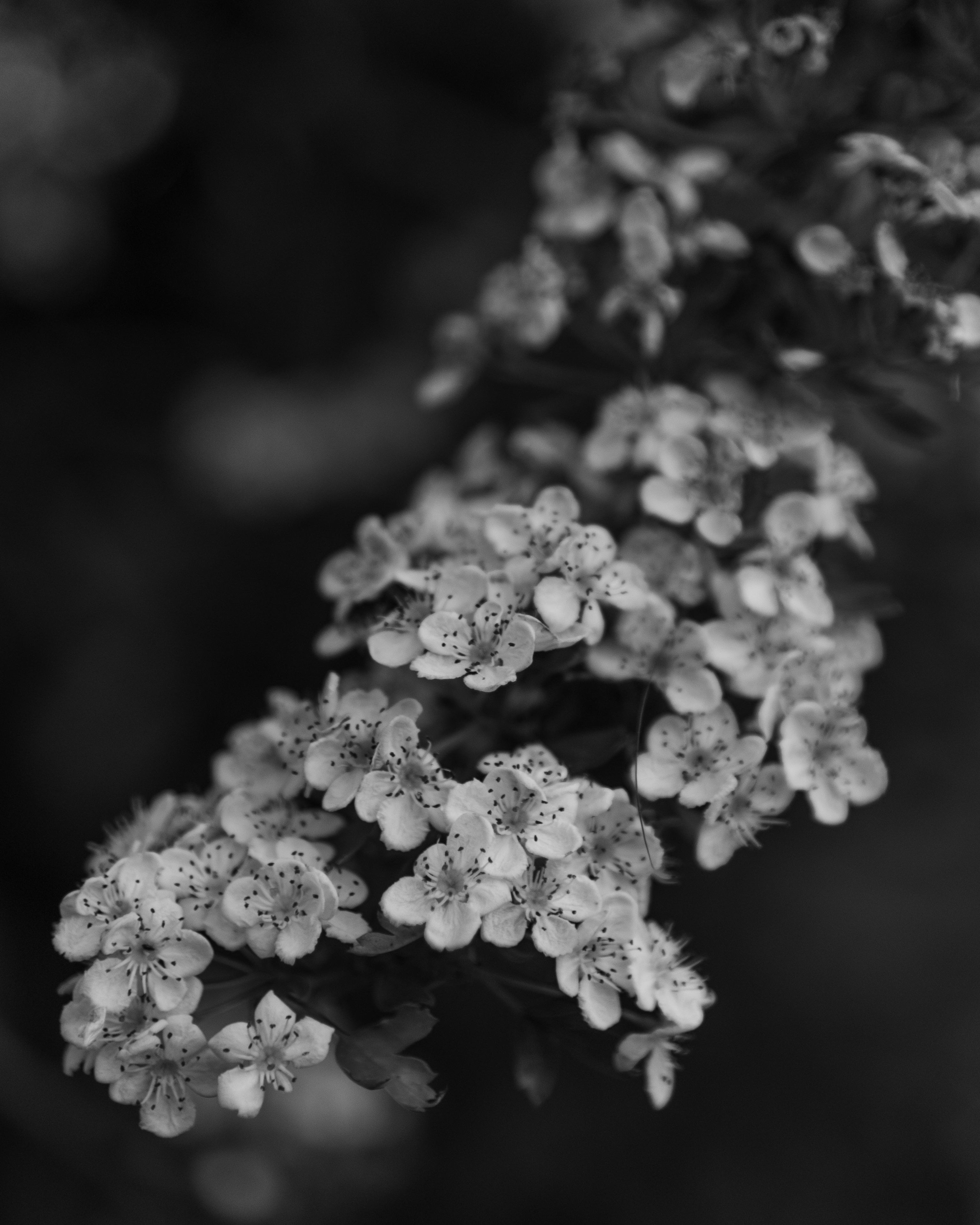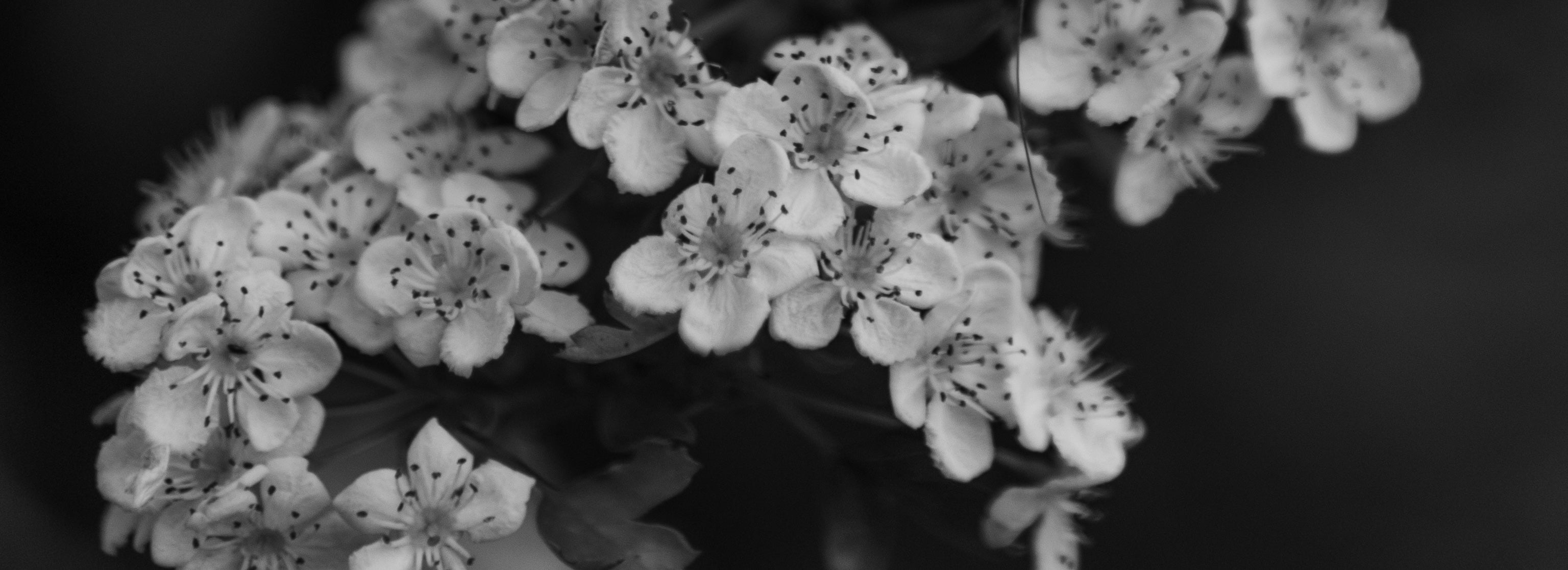sustainability
the poésie by julie mission
Poésie by Julie believes that design and environmental responsibility go hand in hand. Working with fabric suppliers that have the necessary eco-verified certifications and ordering in small quantities - investing in quality over quantity.
Working on a made-to-order business model. Opposite to a made-to-stock or ‘off the rack’ model, Made-to-order drastically reduces the potential for wastage or surplus stock, abiding to Poésie by Julie’s strong belief of being an environmentally conscious and sustainable brand. Making the garments once orders are received, rather than presuming and guessing the demand adheres to being a slow fashion label.
Poésie by Julie believes in challenging fast fashion, to push consumer habits to change the perception of how quickly items should be available. These small drawbacks, such as a longer wait to receive a Poésie by Julie piece, seems tiny when comparing to the negative effects caused by over-production. Vast quantities of stock in the fashion industry go unsold each year and end up in a landfill, releasing harmful gases into our atmosphere. In worse cases, unsold stock is burnt, creating even more harm to our environment. Made-to-Order offers a desirable alternative to the Made-to-Stock model for sustainability.
FABRICS
Conventional cotton is considered the world's 'dirtiest' crop due to the vast amounts of precious resources required to produce this fibre. Due to global demand, cotton crops are estimated of using 16% of the world's insecticides and $2-3 billion of pesticides per year. These chemicals are severely toxic and detrimental to the environment. 220 million tonnes of CO2 is emitted per year due to conventional cotton production. Organic cotton releases 46% less CO2 emissions by comparison.
Cotton is a thirsty crop, requiring about 2,700 litres of water to manufacture one T-shirt. Whereas an organic cotton T-shirt requires 243 litres of water.
There is also a human cost. About 100 million households are engaged in growing and producing cotton and 300 million people work in the cotton sector as a whole. The majority of cotton farmers and workers live in developing countries, work extremely long hours, are exposed to poisonous substances daily and earning very little in wages. Factors such as climate change, decreasing prices of cotton and tough competition from farmers in rich countries don’t make it any easier. Sadly, suicide rates among cotton farmers have been high in the last 20 years. In the year of 2013 alone 11,772 farmers committed suicide in India. A rule of thumb - if a cotton product is outrageously cheap, then know that someone else has paid the price.
Therefore, Poésie by Julie only offers organic cotton designs, and look for GOTS certification. The Global Organic Textile Standard has a clearly defined set of criteria and is transparent. GOTS is the worldwide leading textile processing standard for organic fibres, including ecological and social criteria, backed up by independent certification of the entire textile supply chain.
TENCEL™ Lyocell and Modal fibers help to maintain the environmental balance by being integrated into nature´s cycle. The fibers originate from the renewable raw material wood, created by photosynthesis. The certified biobased fibers are manufactured using an environmentally responsible production process. The fibers are certified as compostable and biodegradable, and thus can fully revert back to nature.
TENCEL™ Lyocell fibers have gained a commendable reputation for their environmentally responsible closed loop production process, which transforms wood pulp into cellulosic fibers with high resource efficiency and low environmental impact. This solvent-spinning process recycles process water and reuses the solvent at a recovery rate of more than 99%. Consumers can have the assurance that their fashion choices are not contributing to an adverse impact on the environment.
Linen is derived from the Flax crop. Flax is a strong plant best grown in northern Europe. It needs little or no fertilisers and due to the local climate, little extra water. It doesn't require many pesticides either, as it can grow in poor quality soil. The Advisory Commission Report to the European Parliament stated that flax cultivation positively affects eco-system diversity as it allows for an "environmental pause". One hectare of flax can retain 3.7 tonnes of CO2. Every part of the plant is used. What isn't used to produce linen can be used to make linseed oil, paper, cattle feed or even soap!
Linen is, therefore, almost naturally organic. It is completely biodegradable, recyclable and due to its natural absorbency, it requires less dye than cotton. Linen, therefore, scores high on the ecological chart.
The pioneering REFIBRA™ technology involves upcycling cotton scraps from garment production. These cotton scraps are transformed into cotton pulp. A substantial proportion – up to one third – of this is added to wood pulp, and the combined raw material is transformed to produce new virgin TENCEL™ Lyocell fibers to make fabrics and garments.
All orders shipped are carbon offset through Shopify's Offset application. Every order sent will have a calculation for how much carbon has been emitted, and in turn, Poésie by Julie pays a cost to offset the emissions.











